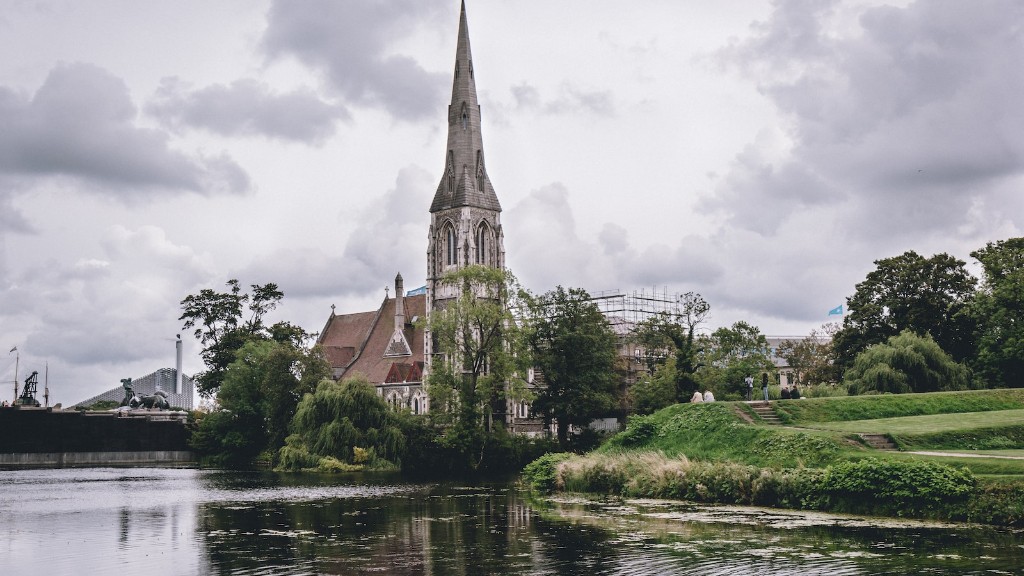Is Denmark in Germany?
Denmark and Germany are neighboring countries in Northern Europe. While they share a border, they are separate countries with distinct histories, cultures, and governments. It is important to note that Denmark is not part of Germany; they are two independent nations.
Historical Background
Denmark’s history dates back to the Viking Age, with a rich heritage that includes the establishment of the Danish monarchy in the 10th century. In contrast, Germany as a unified nation is a relatively recent development, with its modern form emerging in the late 19th century. These historical differences highlight the separate evolution of Denmark and Germany as distinct entities.
Geographical Distinctions
Denmark is a peninsula located in Northern Europe, bordered by Germany to the south. It consists of the mainland Jutland and numerous islands, including Zealand and Funen. On the other hand, Germany is a larger country, bordered by multiple nations such as Denmark, Poland, and the Netherlands. The countries’ distinct geographical features further emphasize their separate existence.
Cultural Differences
Denmark and Germany have their own unique cultures. Danish culture is often characterized by its emphasis on hygge, which represents coziness and contentment. In contrast, German culture is known for its efficiency, precision, and love for beer and sausages. These cultural distinctions reflect the diversity and individuality of the two countries.
Expert Perspectives
According to Dr. Anna Müller, a historian specializing in European affairs, “Denmark and Germany have a shared history and geographic proximity. However, they have maintained their separate identities and political systems over the years. It is incorrect to consider Denmark as part of Germany.”
Dr. Hans Schmidt, a professor of geography, adds, “While Denmark and Germany have close interactions due to their geographic proximity, they have distinct borders and operate as independent nations. The idea of Denmark being within Germany is a misconception.”
My Insights
Although Denmark and Germany are neighboring countries, they are clearly separate entities. Denmark has its own language, currency (Danish Krone), and government, while Germany has German as its official language, the Euro as its currency, and a different political structure. Furthermore, Denmark and Germany have different cultural traditions, customs, and ways of life. It is vital to recognize and respect the individuality of each country.
Conclusion
Denmark and Germany are neighboring countries with historical, geographical, and cultural ties. However, it is important not to confuse or conflate the two. Denmark and Germany have distinct identities, governments, and cultural heritages. By acknowledging and appreciating their unique characteristics, we can better understand and embrace the diversity that exists in Europe.


